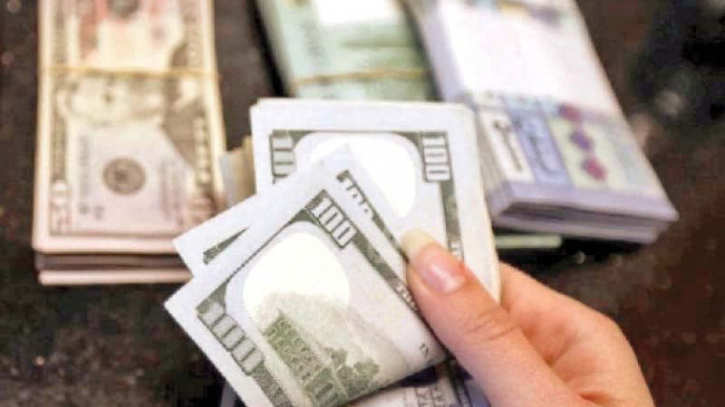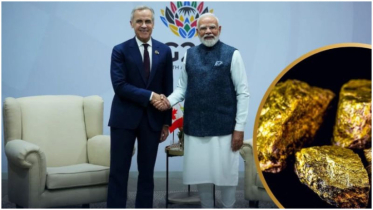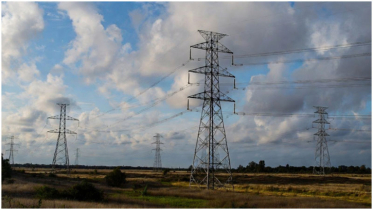Pakistan could default without IMF bailout: Moody's

Crisis-hit Pakistan could default without an International Monetary Fund (IMF) bailout as its financing options beyond June are uncertain, the credit ratings agency Moody’s Investor Service said on Tuesday.
“We consider that Pakistan will meet its external payments for the remainder of this fiscal year ending in June,” Grace Lim, a sovereign analyst with the ratings company in Singapore, told Bloomberg.
“However, Pakistan’s financing options beyond June are highly uncertain. Without an IMF programme, Pakistan could default given its very weak reserves,” he said.
Meanwhile, Federal Minister for Power Khurram Dastgir Khan told that the failure to sign a staff-level agreement between the IMF and Pakistan could lead to the country’s increased reliance on China, which the US and other Western powers “must take into account”.
He said international oil transactions had been gradually shifting from the US dollar to other currencies, particularly the Chinese yuan.
The minister said that while Pakistan had met all technical requirements, there was still a possibility that the staff-level agreement might not be reached due to geopolitical factors, and he suggested that Finance Minister Ishaq Dar would be better suited to provide clarity on the matter.
He expressed his opinion that in the event the country was unable to complete the staff-level agreement, Pakistan would fulfil all its financial commitments with the help of China or other friendly nations, and that the country would still strive to present the best possible budget given the circumstances.
When asked whether Pakistan was likely to default, as predicted by experts in Western countries, Mr Dastgir said these experts had been predicting Pakistan’s default for over a year.
However, he emphasised that Pakistan had not delayed a single payment, and after weathering difficult times, the country was slowly but surely moving towards financial stability, he added.
Pakistan entered into a $6.5 billion programme with the IMF in 2019. But the programme’s ninth review for the release of $1.2 billion has been pending since October last year as the government has been unable to meet some of the prerequisites set by the lender.
The IMF tranche is critical for Pakistan as it will also unlock financing from friendly countries, helping Pakistan avert default.
The country has been witnessing economic turmoil since last year, with its foreign exchange reserves down to critical levels, while talks with the IMF for the release of the pending tranche have remained unsuccessful thus far.
An IMF delegation was in Pakistan in February this year for talks with the government to revive the programme.
After the delegation left, Finance Minister Ishaq Dar said negotiations with the lender had “nearly concluded” and a staff-level agreement would happen “next week”. But more than two months since then, an agreement is still not in sight.
Meanwhile, reserves held by the State Bank of Pakistan stood at $4.46bn during the week ending on April 28, enough to cover just a month’s imports.
Inflation has also soared to unprecedented levels. The consumer price index rose to a record 36.4 per cent in April from a year earlier, mainly driven by skyrocketing food prices and rising energy costs.
.png)




